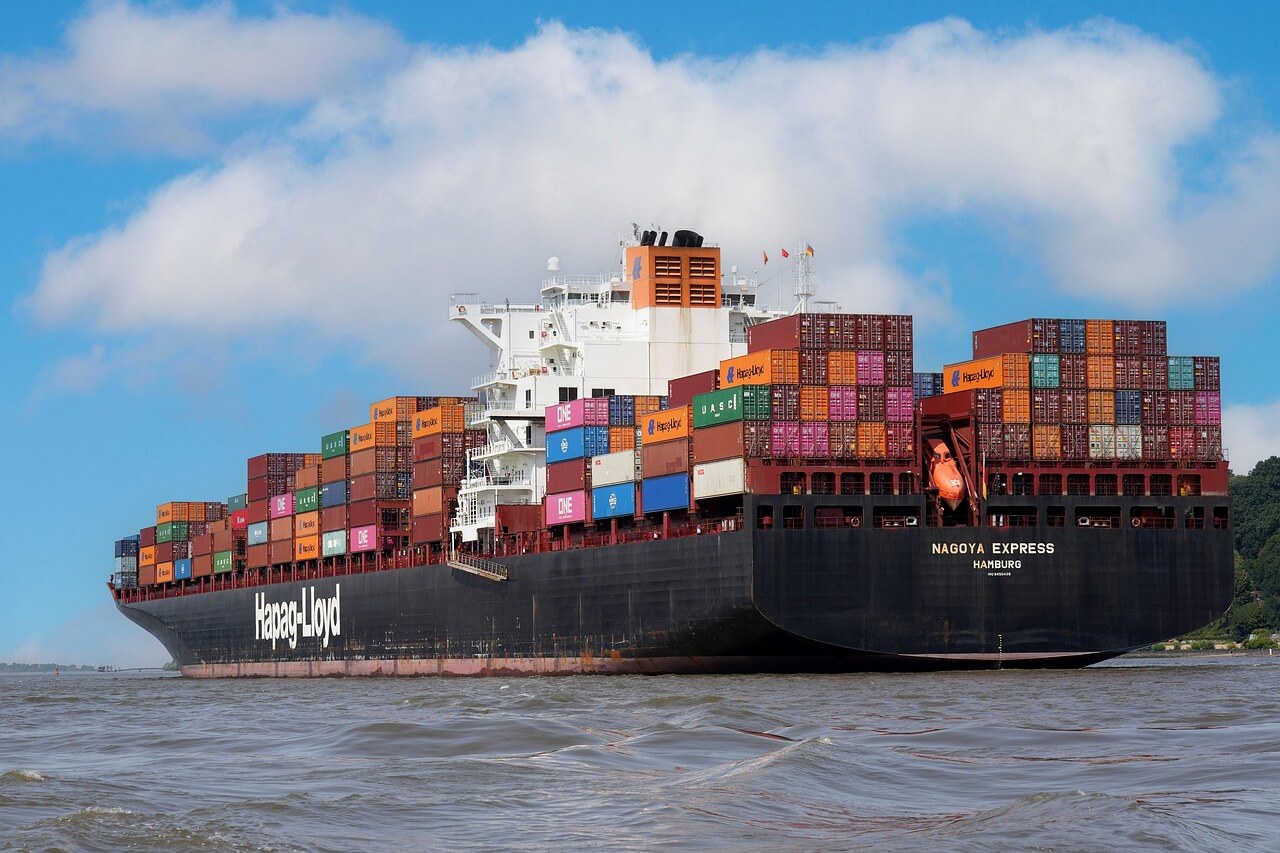
28
Apr
Trend analysis of export express shipping costs for Qatar freight forwarders
Freight Forwarding Costs in Qatar: Export Trends and Analysis
Qatar, a key hub for global trade and logistics, plays a pivotal role in the export-import industry. With its rapidly growing economy and expanding trade routes, Qatar is becoming increasingly reliant on efficient freight forwarding services. In this context, the cost of freight forwarding for exports in Qatar and its future trends are analyzed below.
Firstly, the cost of freight forwarding in Qatar is influenced by several factors, including distance, size and weight of the shipment, as well as the type of cargo. Additionally, factors such as demand and supply chain dynamics, fuel prices, and government regulations also impact freight costs. The cost of exporting goods from Qatar to different destinations varies depending on these factors.
Currently, the trend in freight forwarding costs in Qatar is generally upward due to several reasons. One of the main reasons is the increasing demand for transportation services in the region, which is putting pressure on freight capacity and driving up costs. Additionally, fuel prices are also on the rise, further adding to the cost of transporting goods. Furthermore, changes in government regulations and tariffs can also affect freight costs, sometimes causing significant fluctuations.
In the future, several factors are expected to influence the trend in freight forwarding costs in Qatar. Firstly, the ongoing development of infrastructure in Qatar and neighboring countries is expected to improve connectivity and reduce transportation costs. This will facilitate smoother flow of goods and services, leading to more efficient logistics and lower freight costs.
Secondly, technological advancements in logistics and transportation are also expected to impact freight forwarding costs in Qatar. The use of advanced technologies such as artificial intelligence, big data analytics, and automation are enabling faster and more efficient logistics operations. These technologies can help reduce human error, optimize routes, and improve visibility, leading to lower costs and faster delivery times.
Lastly, global economic conditions and trade policies are also important factors that could influence freight forwarding costs in Qatar. Changes in global trade agreements, tariffs, and other policies can affect the cost and flow of goods, potentially impacting freight forwarding costs in Qatar.
Overall, the cost of freight forwarding in Qatar is influenced by several factors and is currently on an upward trend. However, with ongoing infrastructure development, technological advancements, and global economic conditions, there are also opportunities for cost reduction and efficiency improvements. As such, companies operating in Qatar need to stay vigilant and monitor these trends to ensure effective and efficient freight forwarding services.
Qatar, a key hub for global trade and logistics, plays a pivotal role in the export-import industry. With its rapidly growing economy and expanding trade routes, Qatar is becoming increasingly reliant on efficient freight forwarding services. In this context, the cost of freight forwarding for exports in Qatar and its future trends are analyzed below.
Firstly, the cost of freight forwarding in Qatar is influenced by several factors, including distance, size and weight of the shipment, as well as the type of cargo. Additionally, factors such as demand and supply chain dynamics, fuel prices, and government regulations also impact freight costs. The cost of exporting goods from Qatar to different destinations varies depending on these factors.
Currently, the trend in freight forwarding costs in Qatar is generally upward due to several reasons. One of the main reasons is the increasing demand for transportation services in the region, which is putting pressure on freight capacity and driving up costs. Additionally, fuel prices are also on the rise, further adding to the cost of transporting goods. Furthermore, changes in government regulations and tariffs can also affect freight costs, sometimes causing significant fluctuations.
In the future, several factors are expected to influence the trend in freight forwarding costs in Qatar. Firstly, the ongoing development of infrastructure in Qatar and neighboring countries is expected to improve connectivity and reduce transportation costs. This will facilitate smoother flow of goods and services, leading to more efficient logistics and lower freight costs.
Secondly, technological advancements in logistics and transportation are also expected to impact freight forwarding costs in Qatar. The use of advanced technologies such as artificial intelligence, big data analytics, and automation are enabling faster and more efficient logistics operations. These technologies can help reduce human error, optimize routes, and improve visibility, leading to lower costs and faster delivery times.
Lastly, global economic conditions and trade policies are also important factors that could influence freight forwarding costs in Qatar. Changes in global trade agreements, tariffs, and other policies can affect the cost and flow of goods, potentially impacting freight forwarding costs in Qatar.
Overall, the cost of freight forwarding in Qatar is influenced by several factors and is currently on an upward trend. However, with ongoing infrastructure development, technological advancements, and global economic conditions, there are also opportunities for cost reduction and efficiency improvements. As such, companies operating in Qatar need to stay vigilant and monitor these trends to ensure effective and efficient freight forwarding services.
LEAVE YOUR COMMENT
categories
recentpost
-
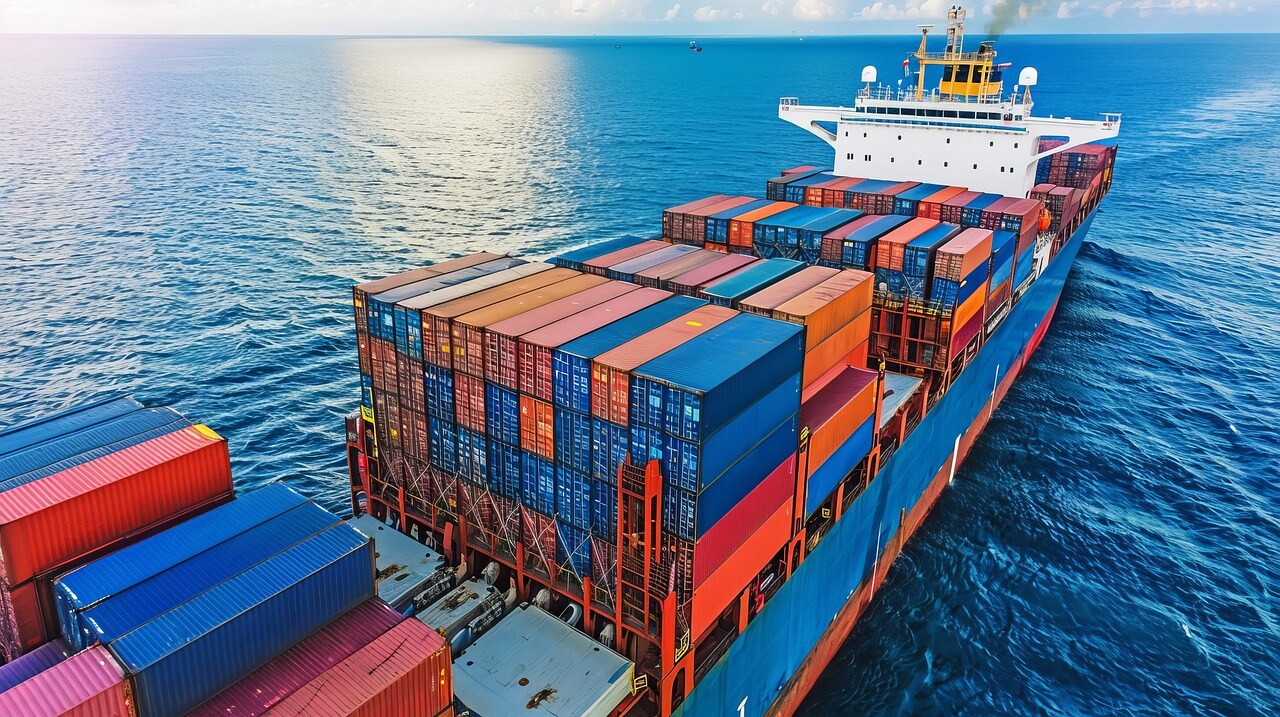 How can freight forwarders achieve efficient logistics and shipping from China to Tanzania?Apr 30,2025
How can freight forwarders achieve efficient logistics and shipping from China to Tanzania?Apr 30,2025 -
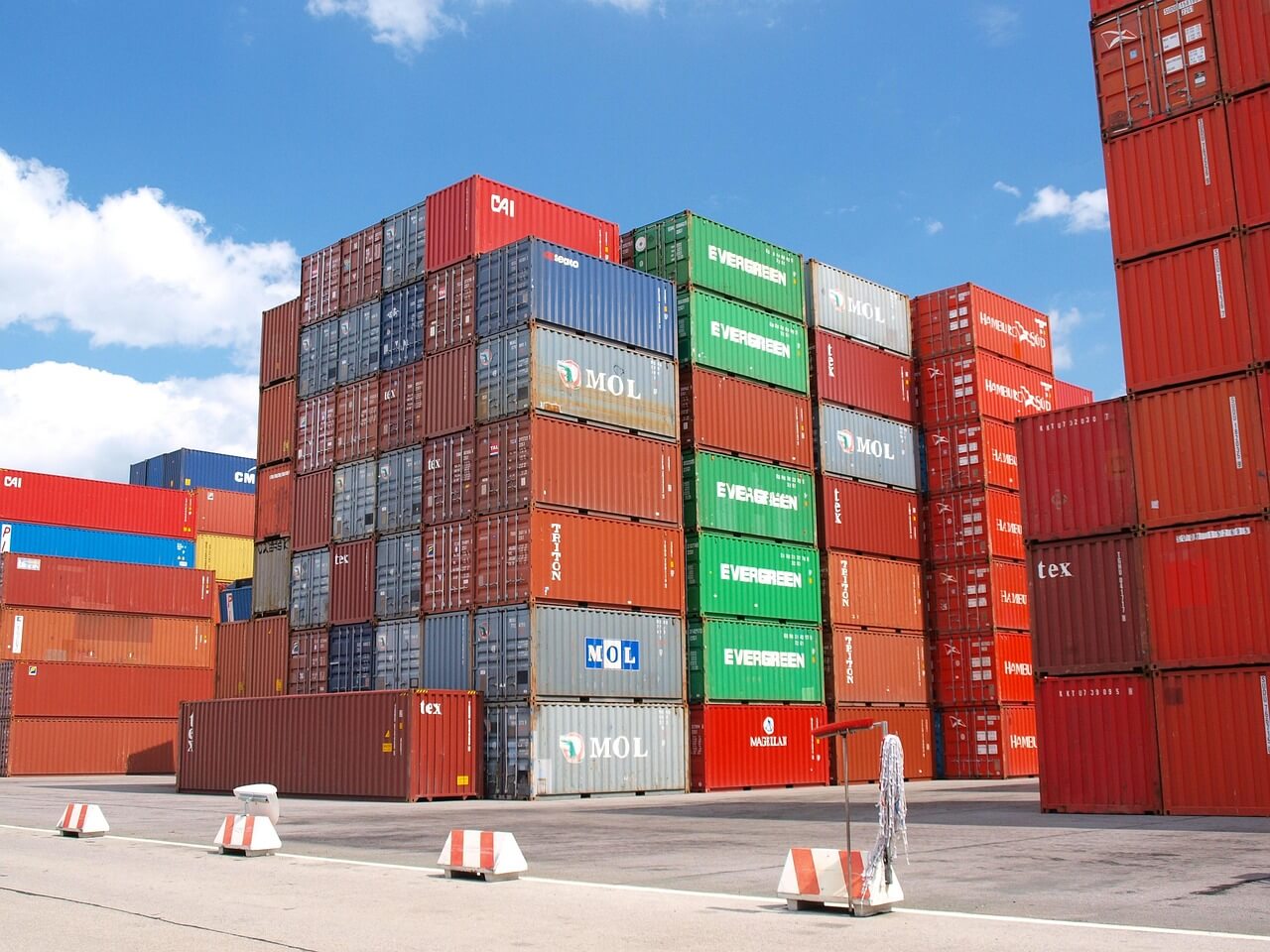 What are the guarantee measures for transportation and transaction services from China to the UnitedApr 30,2025
What are the guarantee measures for transportation and transaction services from China to the UnitedApr 30,2025 -
 How is the international freight delivery service for transporting goods to Saudi Arabia?Apr 30,2025
How is the international freight delivery service for transporting goods to Saudi Arabia?Apr 30,2025 -
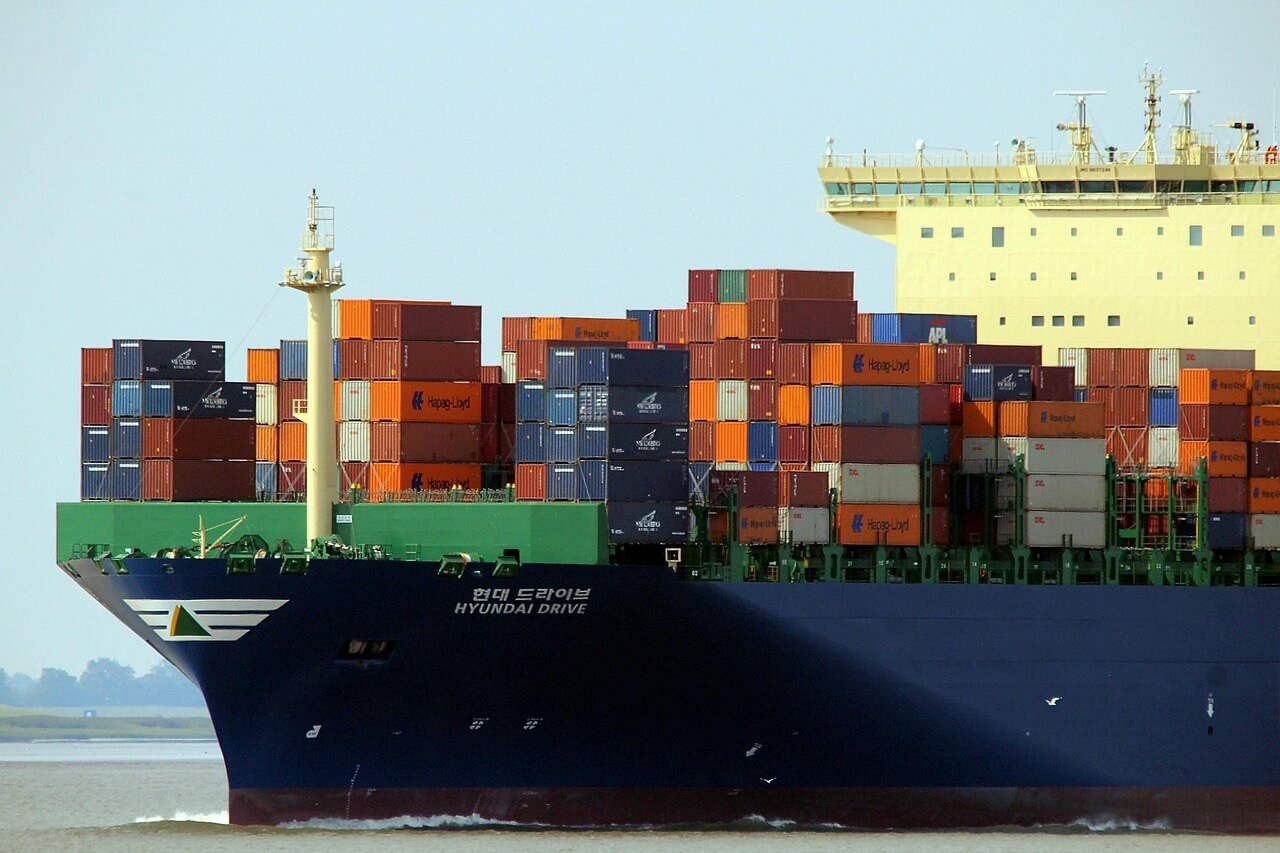 What is the delivery time for international freight from China to Kenya?Apr 30,2025
What is the delivery time for international freight from China to Kenya?Apr 30,2025 -
 What is the customs clearance process for global land transportation from China to the United Arab EApr 30,2025
What is the customs clearance process for global land transportation from China to the United Arab EApr 30,2025 -
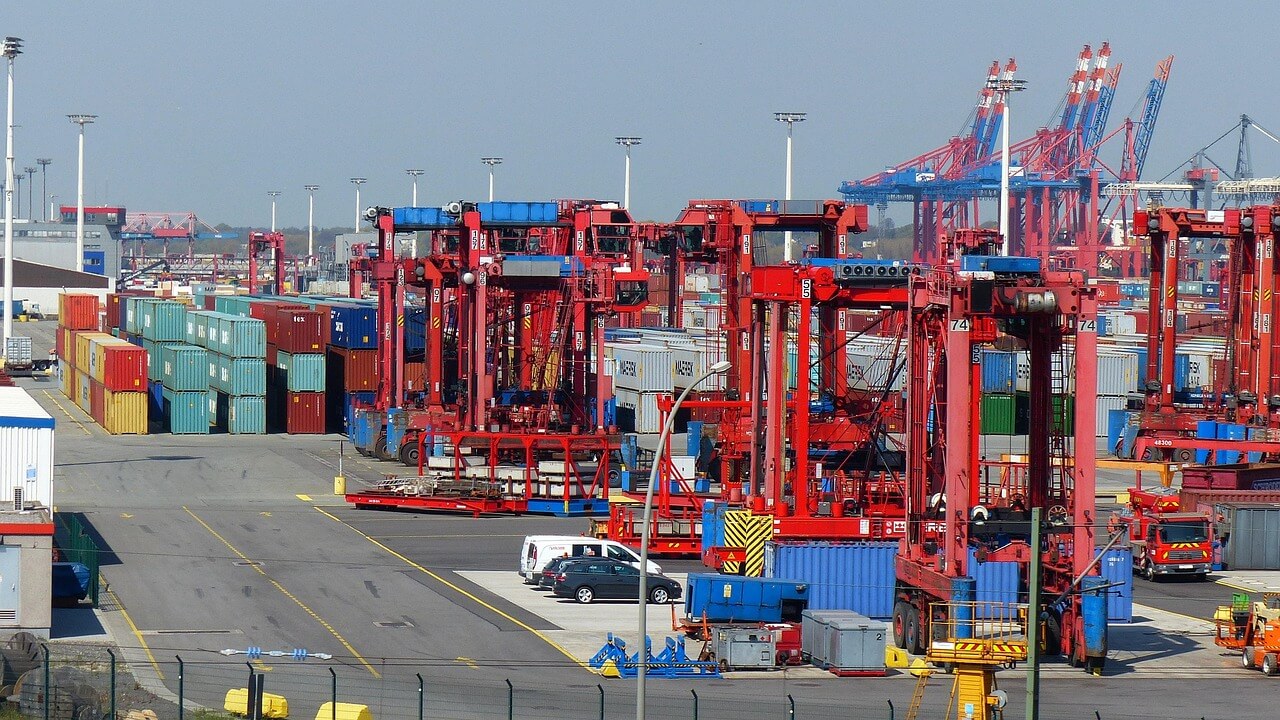 Shipping Guide from China to Qatar: How to Calculate LCL Shipping Cost?Apr 30,2025
Shipping Guide from China to Qatar: How to Calculate LCL Shipping Cost?Apr 30,2025

